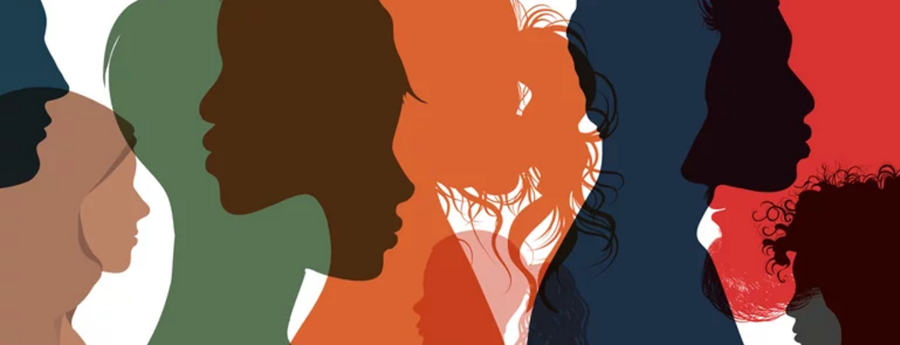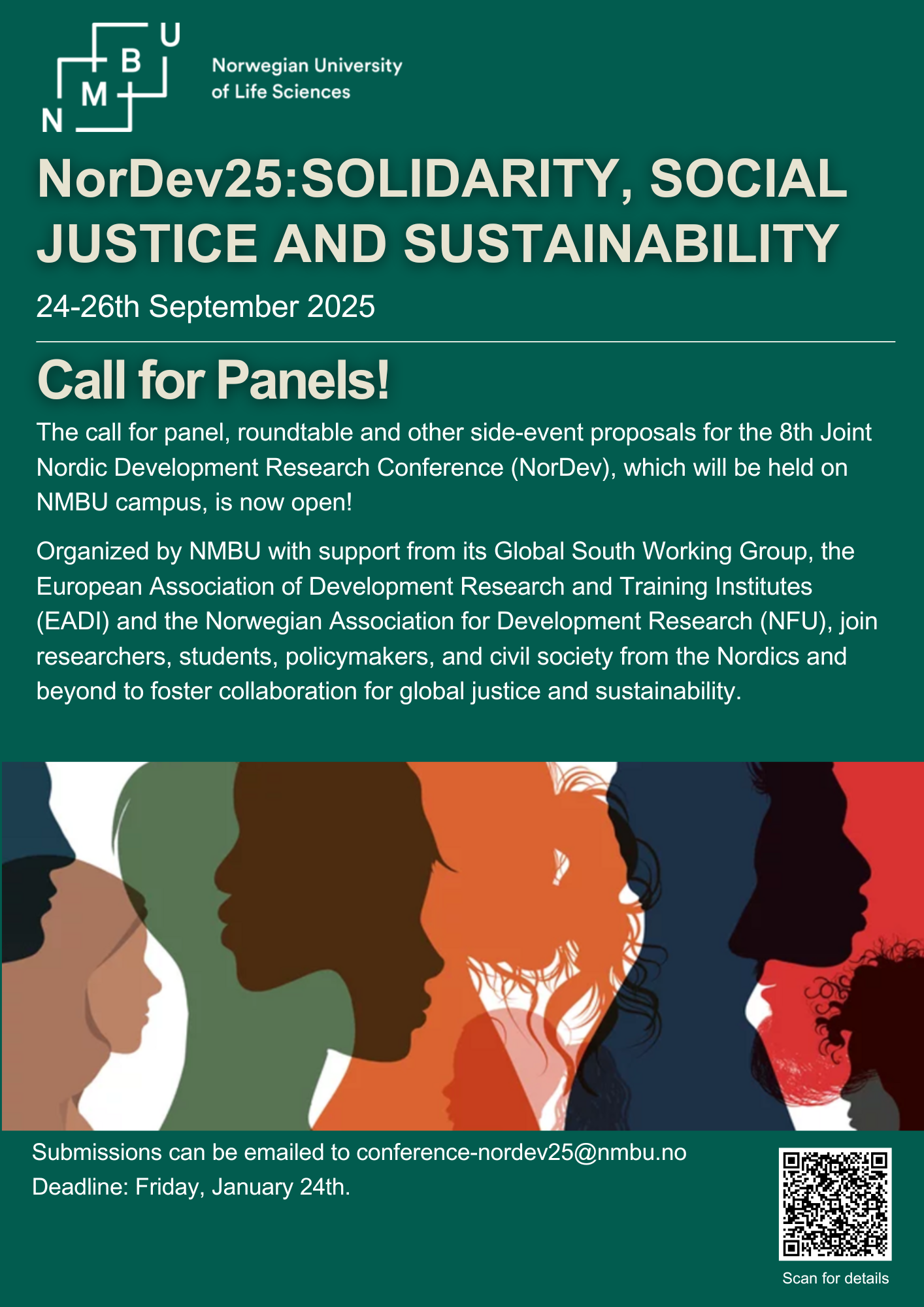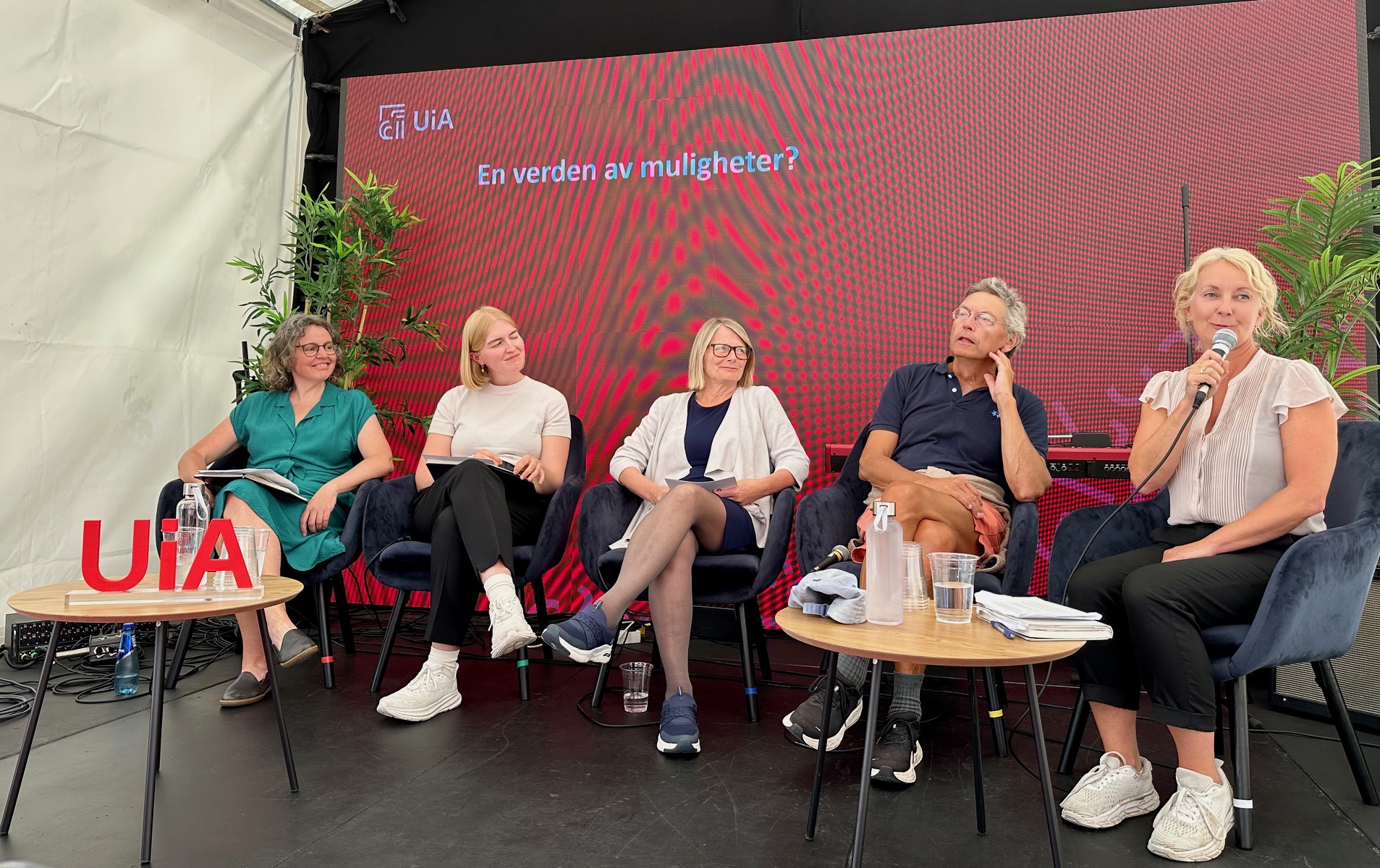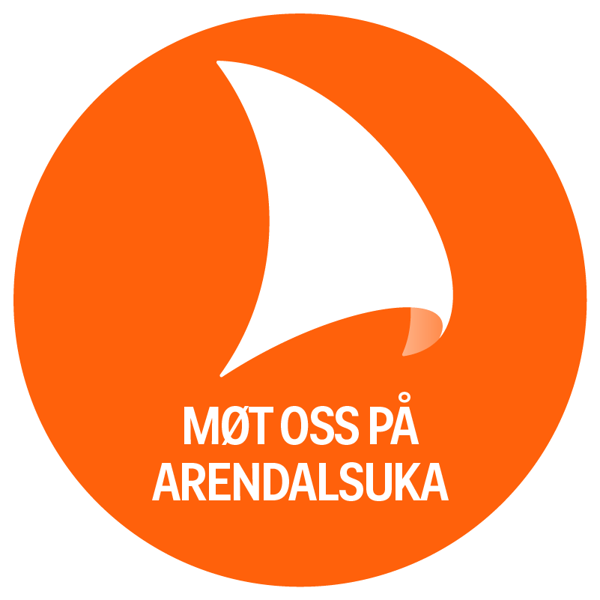Preliminary program and information

8TH BIANNUAL NORDIC DEVELOPMENT RESEARCH CONFERENCE:
SEPTEMBER 24-26, 2025
NMBU, ÅS
Please click on the document below to access all the details regarding the program and key information:

Follow the link bellow for more information:
https://www.eadi.org/eadi-events/general-conference/eadi/iob-2026-shaping-sustainable-futures-global-challenges-glocal-solutions/eadi/iob-2026-call-for-papers#
In order to be considered for inclusion in the program, please indicate clearly the number and title of the panel that you wish to contribute to.
We are also aiming to accommodate a limited number of panels for paper submissions that do not fit under the themes of the open panels listed below. If your paper does not fit with in a pre-identified panel, please label your submission with “Undefined Panel”.
The list for Open Panels can be found by clicking the link bellow:



Dear NorDev25 supporters and those who have expressed an interest in receiving updates.
Here comes an update on the timeline, planning and action items ahead for the 8th Nordic Development Research Conference!
The Call for Panel, and themes for workshops and other side events for NorDev25, which will be co-organised by NMBU and NFU and held at NMBU in Ås 24-26 September, will be announced on the NMBU conference webpage.
The conference themes “Solidarity, social justice and sustainability” are aimed at being broad and inclusive and are described more fully on the conference website. You are encouraged to start spreading the word about the conference in your networks to encourage as many relevant and high-quality panel and other submissions as possible and to get PhDs, young scholars and others thinking already now about possible abstract submissions in advance of the call for panels and other submissions, opening.
The timeline for submissions and other deadlines will be as follows:
As with previous NorDev conferences, there will be a possibility to publish papers presented at the conference in the Journal Forum for Development Studies.
NMBU and NFU are looking into supplementary funding avenues which will be specifically directed at covering costs for conference participants and keynote speakers from the Global South, but these funds are not guaranteed, and the moment, we are reliant on covering almost all of our costs via conference registration fees (which will be differentiated).
Ways that you can help us to support bringing more Global South scholars to the conference include:
· Organising a panel session and drawing on existing research, NORHED, PhD school, sustainability arena, and other funding to subsidize conference and travel fees for keynote speakers and Global South scholars in the panel to enable them to attend
· Organising planned project meetings that will take place in the Nordic countries in the days before and after the conference where possible, to economise on costs and emissions for scholars travelling internationally (i.e. start the planning now!)
· Looking into possibilities for additional funding for e.g. dissemination and travel activities connected to existing Research Council projects in your respective countries that could be devoted to e.g. funding “project dissemination panels” and/or similar outreach or societal engagement sessions
· Tip us about other possible sources of funding for organising high-level panels with Global South scholars and keynote speaker representation
In 2023, the government decided that students from countries outside the EU must pay tuition fees to study at Norwegian educational institutions. Since then, the number of students from countries outside the EEA area has plummeted.
At UiA this year, only 17 international students pay tuition fees, nine of whom receive support through various scholarship schemes. This decline is clearly felt in studies such as the bachelor’s and master’s programmes in development studies, which were known for their international diversity among students. Now, almost all students in these programs have either Norwegian or European passports.
During Arendal Week, researchers at the Faculty of Social Sciences arranged a panel debate on the societal consequences of Norwegian lecture halls losing much of their diversity. The debate was chaired by Professor Ann Christin Nilsen at the Department of Sociology and Social Work and was arranged in collaboration with the Norwegian Association for Development Research (NFU) and SAIH.
The debate was held four years after the white paper “A world of opportunities”, in which it was argued that global problems require global solutions and more cooperation across national borders. Since then, a lot has changed. The introduction of tuition fees for students outside the EU is part of a pattern in which other support for collaboration with research and educational institutions in the Global South is also either cut or reduced. This includes support schemes such as NORGLOBAL and NORPART, which have long contributed to cooperation with countries outside the West.
A small band-aid on a large wound
To compensate for some of the drop in the number of international students, the authorities have introduced a scholarship scheme for students from selected countries in the Global South.
However, the scholarship scheme is only a small band-aid on a big wound, according to panelist and associate professor Arnhild Leer-Helgesen at the Department of Global Development and Planning. She pointed out that the scholarship scheme applies to few students and is also covered by the aid budget, which means that it in reality affects Norway’s ability to provide aid.
Came like lightning from a clear sky
UiA Rector Sunniva Whittaker also participated in the panel. She emphasized that the introduction of tuition fees came like lightning from a clear sky, but that it nevertheless draws into a pattern where the international aspect is given lower priority in research and education policy. Economy and savings were used as the main arguments for the introduction, but Whittaker wondered about the cost. UiA has largely managed to fill the study places with other students, but the diversity among the students has decreased. Whittaker fears this will affect the quality of the studies.
This view was shared by Professor Iver B. Neuman, director of the Fritjof Nansen Institute. He emphasized that discussions among fellow students from different backgrounds provide invaluable training in globalization and cosmopolitan conversation, which is essential for solving global challenges and living together.
Important to stand up for the principle of free higher education
SAIH leader Selma Bratberg also participated in the debate. She pointed out that the global situation for higher education is serious, with rising tuition fees and pressure on students’ freedom of expression.
“It is important that Norway stands up for the principle of free education,” she continued.
Bratberg also claimed that students, both now and throughout history, have been an important driving force for democracy, human rights and social change.
“In a world where authoritarian forces and nationalism are on the rise, it is extra scary
with such politics,” she concluded.

What world of possibilities?
In the autumn of 2020 – while the pandemic was still raging – the Storting’s report on student mobility called “A world of opportunities” came out. The foreword to the message states: “Spring 2020 has clearly shown us how dependent we are on each other and how intertwined the world is. International cooperation and dialogue across national borders are prerequisites for being able to handle the major global social challenges the world is facing. Global challenges require global solutions.” Just over two years later, tuition fees were introduced for students from countries outside Europe and the result is markedly fewer international students at Norwegian universities. This is part of a larger picture where support for collaboration with higher education institutions and researchers in the global south is cut or reduced (e.g. NORGLOBAL and NORPART). What are the immediate consequences of this for the quality of education and research? Should we see these policy changes as something more than domestic education and research policy? What long-term consequences could this have for the labor market and Norway’s international relations? At Arendalsuka, we invite you to a discussion about who the Norwegian authorities have in mind when exchange and academic cooperation are to contribute to finding global solutions to global challenges.
Please click on the link bellow for more details:
https://www.arendalsuka.no/programsok/details/25007

Dear NFU member, if you missed out on our last General Assembly which took place on June 14th, please click on the link below to see all the updates:
Noragric is organizing a PhD course in June 2024. The course is scheduled for the week 3-7 June and is open to PhD candidates and postdoctoral fellows.
Please check the link below for all the necessary details.
Next week the “Handbook of International Development and the Environment“, which was edited by Benedicte Bull og Mariel Aguilar-Støen, is having its book launch in Oslo in an event open to all.
The event is being co-organized by SUM, NFU and UHR-Samfunnsfag.
This is great opportunity to participate in a debate about the book and development bureaucrats.
The event will happen on the 28th of September from 18:00-20:00 in the Vinterhagen, Sentralen, Øvre Slottsgate 3 0157 Oslo.
To learn more about the event, click here.
